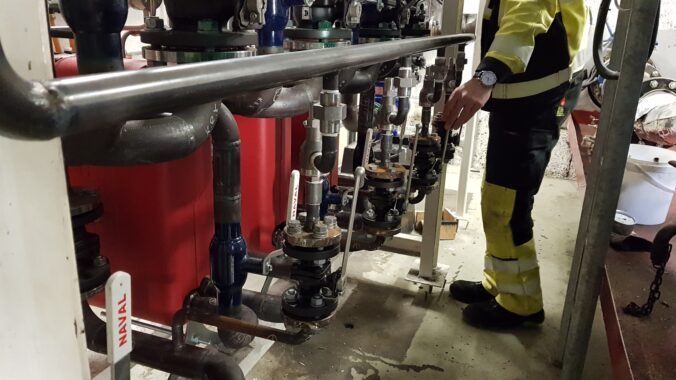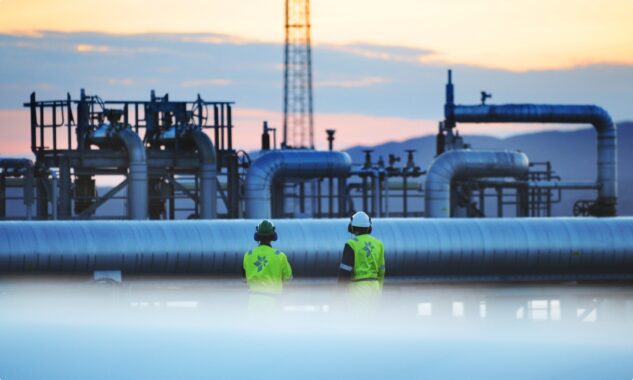
Pipeotech’s reach goes atomic
Geir Otto Amundsen on Case Studies · Jan 05, 2021
Pipeotech has taken gasket tightness to new microscopic levels by supplying DeltaV-Seal™ to European Spallation Source, the world’s most powerful neutron source, in Lund, Sweden.
The new research facility is one of the largest and most advanced technology infrastructure projects being built anywhere in the world today and it will enable a more powerful range of experiments using neutrons than previously possible, providing a significant step forward in the science of everyday life.
Advanced research
Advanced research requires advanced tools and Pipeotech’s unique DeltaV-Seal will play an important role in this exciting new development.
When producing neutrons for research in a spallation process, ionising radiation is generated. For this reason, safety is always the top priority at ESS, and first and foremost is to meet all the requirements and safety regulations set out by the regulatory authorities.
The incredible guaranteed tightness and durability of the DeltaV-Seal are vital components in the safe and efficient running of the key water-cooling system in the ESS target area, where the water will become activated in the neutron production process.
Ionising radiation can cause a high attrition rate in polymeric seals and the fact Pipeotech’s gasket can be made in the same stainless steel material as its surroundings negate the problems of galvanic corrosion in such a sensitive environment.
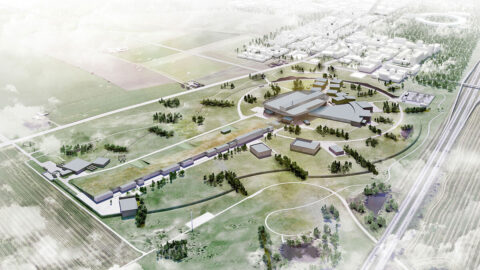
Molecular detail
Neutrons have been used in scientific studies since the 1930s as they can penetrate deeper than X-rays and can be used to analyse different structures and functions within a material at an atomic or molecular level in a ‘soft’ way, meaning samples are not altered or damaged.
This opens the door to a wide range of study areas, including in the fields of life sciences, materials science, experimental physics, nano-technology, cultural heritage and pharmaceuticals.
Funding of the new multi-disciplinary research facility ESS is provided by 13 member countries organised as a European Research Infrastructure Consortium, with Sweden hosting the facility and Denmark the data management centre, which is located in Copenhagen.
Hundreds of scientists from across Europe have been working in collaboration on the concept and design of the new facility. Building work in Lund began in 2014 and when the research facility starts operating in 2023 it will deliver 20 times more sensitive instrument performance on average than the current leading neutron sources.
Around two to three thousand guest scientists and researchers will carry out experiments each year using this powerful new tool to analyse basic atomic structures and forces, leading to many potential break-through discoveries.
Accelerating progress
ESS in Lund will be the world’s brightest neutron source, and is based on the most powerful linear proton accelerator ever built.
The process to generate neutrons at ESS starts in the accelerator’s ion source, where rapidly varying electromagnetic fields heat hydrogen gas to ‘boil off’ the electrons from the hydrogen molecules. Hydrogen is the simplest element of nature and consists only of protons and electrons, so when the electrons have evaporated a plasma of protons remains.
The protons are guided from the ion source into a series of various types of accelerator cavities, using magnets to steer the beam. The protons are accelerated to about 96% the speed of light using electromagnetic fields as they are directed through the 602.5-metre accelerator towards their target.
That target is a 4.9-tonne, 2.6-metre diameter rotating wheel made of 7,000 neutron-rich heavy metal tungsten bricks encased in stainless steel shielding. The high-speed protons collide with the tungsten and split the nuclei, kicking out high-energy neutrons in the process known as spallation.
Those neutrons are then slowed to the speed of sound and guided through a fan of up to 42 beam ports towards a range of 15 tailor-made instruments, where the samples to be studied are placed for analysis.
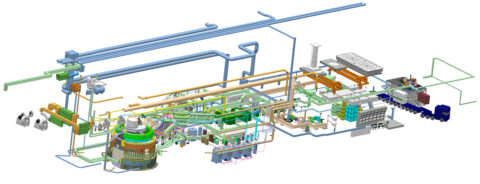
When the heat is on
The target area inside the monolith, which contains almost 6,000 tonnes of shielding, poses some serious engineering challenges as ionising radiation and large amounts of heat are produced when the protons collide with the wheel and split the tungsten nuclei.
The tungsten target itself is cooled using a flowing helium gas system to keep it below 500 degrees Celsius, but the stainless steel shielding and the surrounding components and instruments are also affected by heat and are required to be water-cooled at between room temperature and 60 degrees Celsius.
The intention is for neutron production to run 24/7 for about 5,400 hours a year at the facility and so any unscheduled maintenance will cause significant disruption for the researchers.
It is therefore essential that the pipes carrying the water-cooling system are leak-proof and resistant, so the seals employed must display stay maintenance free for as long as possible
The safety and verification requirements are set out by the regulatory body, the Swedish Radiation Safety Authority, and the components and materials used at ESS have to comply with these requirements in order for the facility to get the license to operate.
It is important for ESS to have a seal delivered that already has been tested so rigorously and comes as type-approved with verification from classification society DNV GL.
ESS sources its seals indirectly through a supplier and has chosen Pipeotech’s DeltaV-Seal for the water-cooling system in the most challenging area for gaskets in the whole facility.
Extreme tightness, reliability and durability are all key factors in why the ESS has chosen DeltaV-Seal. Leaks are simply not acceptable in this environment.
For more information about European Spallation Source please visit https://europeanspallationsource.se
For more information, contact us
contact usMore from Case Studies
DeltaV-Seal - Reducing fugitive emissions in the Permian Basin
James Knights on Case Studies · Jul 22, 2024
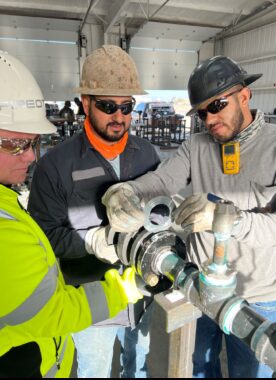
The United States Clean Air Act (CAA) is the comprehensive federal law regulating emissions from stationary and mobile sources. Among other things the CAA authorises the United States Environment…
Best Available Technology to reduce ATEX zones, increase reliability, and improve safety within a refinery
James Knights on Case Studies · Jul 21, 2023
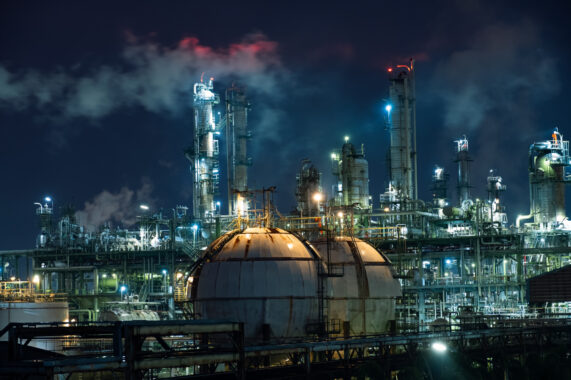
Europe’s most advanced refinery wanted to further pioneer by only utilizing Best Available Technology to ensure a safe and reliable operation with minimal impact on the environment, enhanced…
FPSO & Marine - DeltaV-Seals ensure the safe and reliable operation of inert gas systems
James Knights on Case Studies · Mar 21, 2023
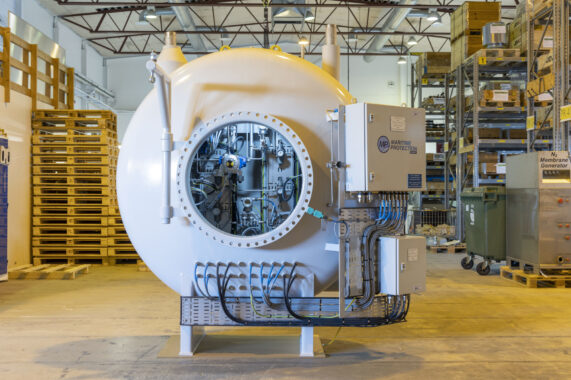
A market-leading expert for the maritime industry manufactures a range of inert gas generators to suit their client's needs. Vessels carrying cargo-producing hydrocarbon vapors require inert gas…
Preventing nitrous gas leakage at a Thermowell instrument flange joint
James Knights on Case Studies · Mar 09, 2023
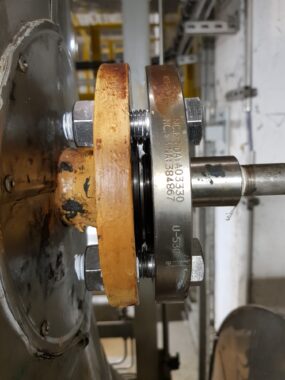
On a Thermowell instrument coupling flange joint a previous semi-metallic gasket required maintenance intervention 7 times in three-and-a-half years. Switching from a semi-metallic gasket to the…
Semi Conductor application for Nitrogen and Oxygen gas purifiers
James Knights on Case Studies · Feb 27, 2023
One of the world's leading semiconductor manufacturers in South Korea required a carbon-free, bacteria and virus-tight gasket capable of withstanding temperatures up to 500°C. The DeltaV-Seal™…
ATEX Zoning reduction & Equipotential bonding possible with the DeltaV-Seal
James Knights on Case Studies · Jan 09, 2023
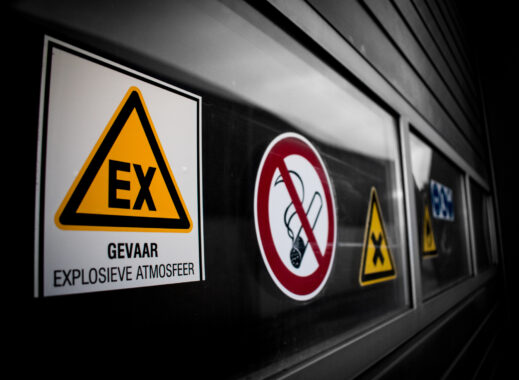
Recycling metallic canisters containing flammable gases to prevent the emission of the gases to the environment and recycle the metallic packing material.
Reducing ATEX zoning within a biogas plant
James Knights on Case Studies · Nov 11, 2022
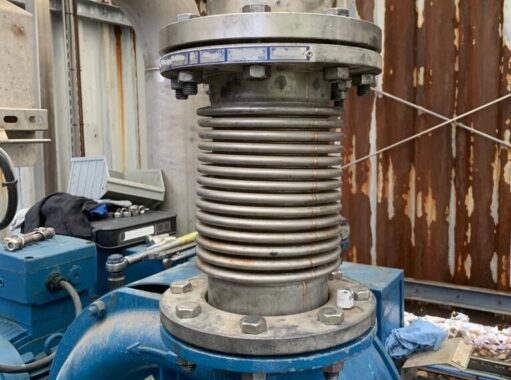
Local regulation of a biogas plant in Western Europe required ATEX zoning. Utilizing several technical standards including EN1127, EN1591, and Pipeotech's extensive library of product testing, it has…
Cleaned gaskets within a peroxide system of a chemical processing plant
James Knights on Case Studies · Oct 11, 2022
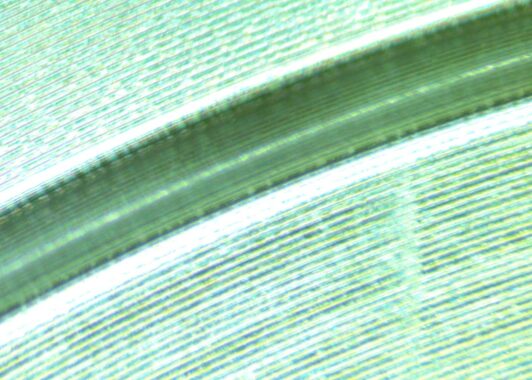
Ensuring product quality and plant safety with a clean, bespoke, tight, and durable seal. The DeltaV-Seal enabled a manufacturer of peroxide to ensure their product was made safely and was free of…
Corporate environmental responsibility ‘done right’ with long-term methane mitigation by design

Jo Shailes on Case Studies · Nov 02, 2021
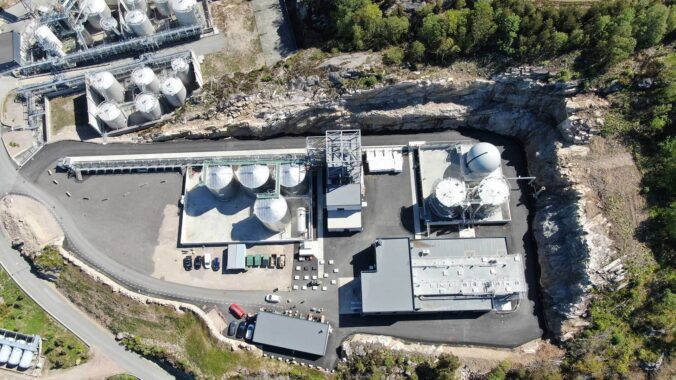
Methane is one of the most potent greenhouse gases and avoiding leakage is a priority when using methane systems. Methane also ignites easily, so there are clear and immediate HSE incentives for…
Gasket ensures a long-lasting seal
James Knights on Case Studies · Nov 02, 2021

In manufacturing fertilizer, ammonium nitrate is added to the process, and traditional, spiral wound and Gylon gasket technology often deteriorate in these conditions, resulting in leaks. This is…
ATEX zoning unnecessary with DeltaV-Seal™

Jo Shailes on Case Studies · Nov 01, 2021
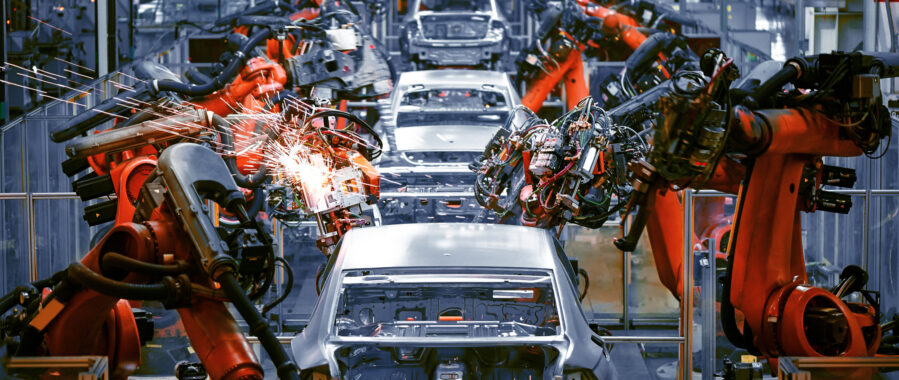
During final assembly in the factory, cars are filled with fuel before being transported to their final destination. To facilitate this, fuel lines run throughout the facility. However, along the…
DeltaV-Seal™ stops flammable leakage, prevent fires

Jo Shailes on Case Studies · Nov 01, 2021
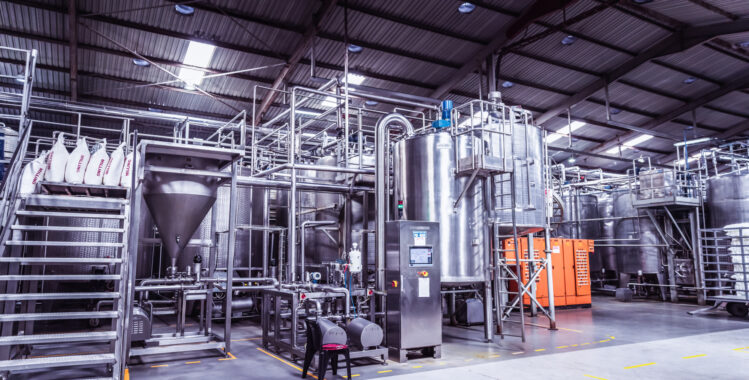
In facilities that use hot oil heat transfer fluid systems, fire hazards are a significant challenge due to the combination of organic combustible liquids, which run at temperatures above their flash…
DeltaV-Seal™ prevent fires, promote safe environment

Jo Shailes on Case Studies · Nov 01, 2021
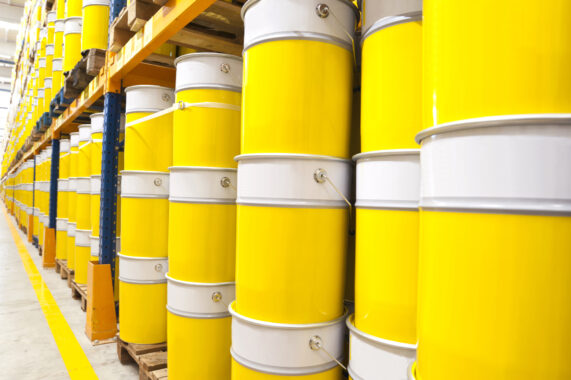
The use of hot oil systems in manufacturing presents challenges when traditional gaskets breakdown and cause leakage. As liquids in the system are kept at a temperature above their flash point, when…
DeltaV-Seal™ prevents leaks and pipe corrosion

Jo Shailes on Case Studies · Nov 01, 2021
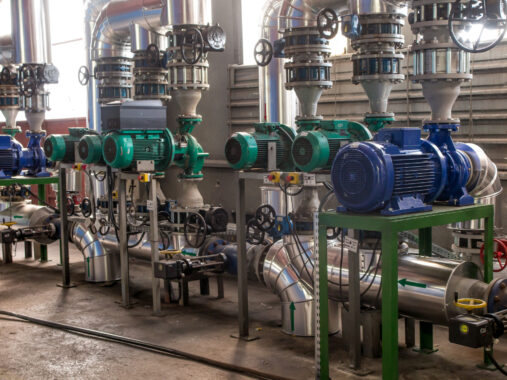
In district heating and cooling, generic spiral wound gaskets frequently cannot cope with the cyclical temperature conditions and often fail, leading to leakages and corrosion of the pipeline. This…
DeltaV-Seal™ performs under extreme marine conditions

Jo Shailes on Case Studies · Nov 01, 2021
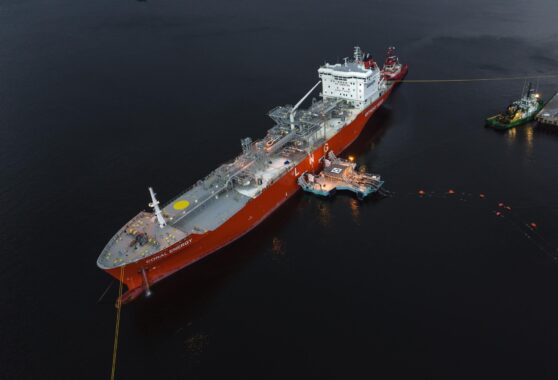
Importing ship-to-shore Liquefied Natural Gas (LNG) requires robust and efficient pipeline seals that are compliant with high environmental standards. The thermal cycling caused by the cryogenic…
DeltaV-Seal™ reduces greenhouse emissions

Jo Shailes on Case Studies · Nov 01, 2021
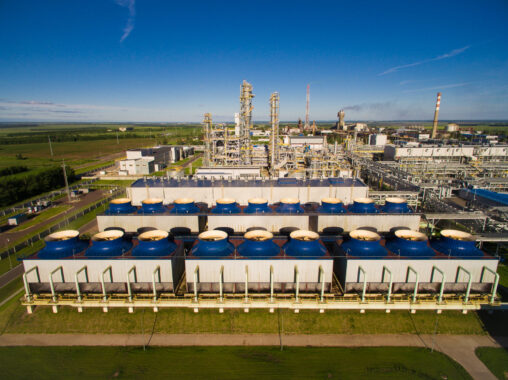
In fertilizer production, high-quality phosphorus fertilizers require nitric acid as a key ingredient, which is usually synthesized via the Ostwald process on-site (oxidizing of ammonia before…
In conversation with: Odd Skagestad, GE Healthcare Lindesnes
Geir Otto Amundsen on Case Studies · Jun 02, 2021
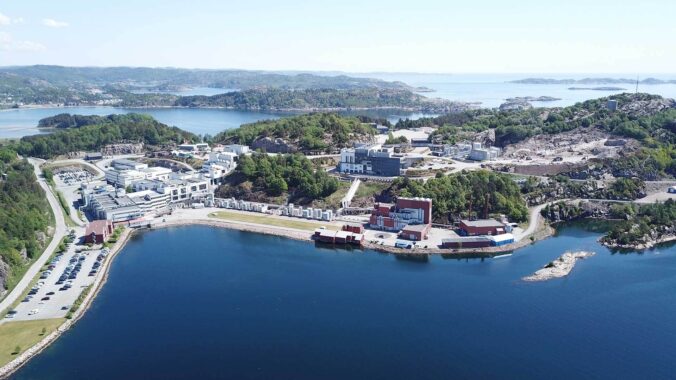
We recently spent some time talking with technical engineer Odd Skagestad from GE Healthcare Lindesnes about how DeltaV-Seal™ technology has impacted operations at a world-leading pharmaceutical…
VARD finds the perfect fit

Jo Shailes on Case Studies · Nov 11, 2020

Norwegian-based shipbuilder VARD has been installing Pipeotech’s DeltaV-Seal™ in its vessels since 2016 and the cost-saving benefits have been very clear to Johny Morland, Principal Engineer, QA and…
Corrosive influence - The dangers of galvanic corrosion for pipelines
Geir Otto Amundsen on Case Studies · Apr 22, 2020
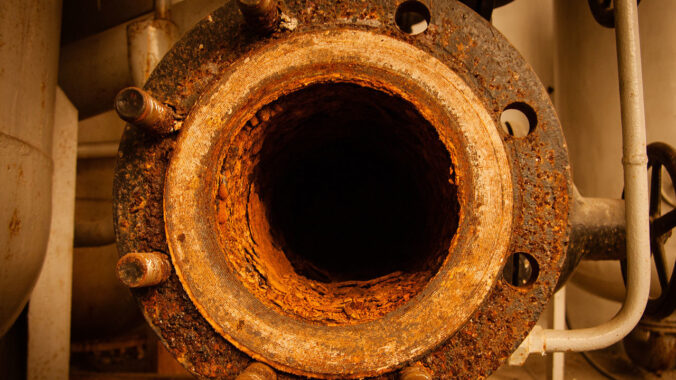
Prevention is always better than a cure. Avoiding issues in the first place, rather than attending to them once they’ve occurred, is plain common sense. So why do so many industrial facilities…
Pipeline safety – How gasket choices can mitigate health and safety risks
Geir Otto Amundsen on Case Studies · Jan 31, 2020
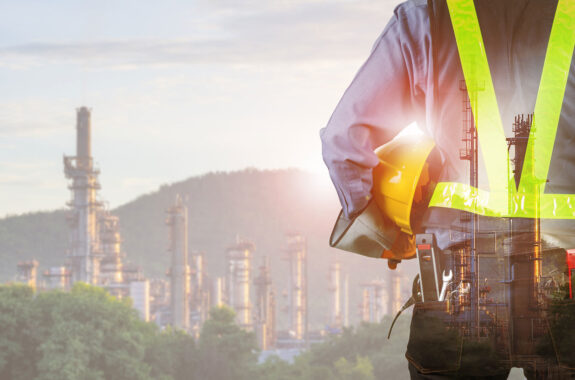
Nothing is as important as health and safety when it comes to industrial facilities. However, a critical component in piping systems is often overlooked, viewed as a consumable rather than a key to…
Stopping expensive leakages at historic brewing facility
Geir Otto Amundsen on Case Studies · Jan 31, 2020
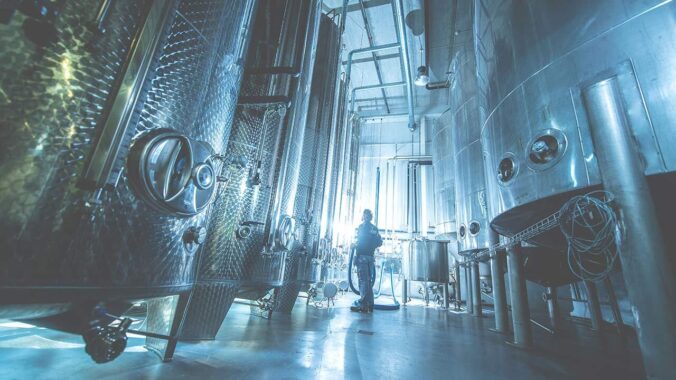
With the title of ‘the oldest brewery in Norway’, the Aass brewery is about as close as it gets to being a Norwegian institution. Situated on the banks of the river in the busy port city of Drammen…
DeltaV-Seal™ replaces kammprofile gaskets at critical distribution facility

Jo Shailes on Case Studies · Jun 12, 2019
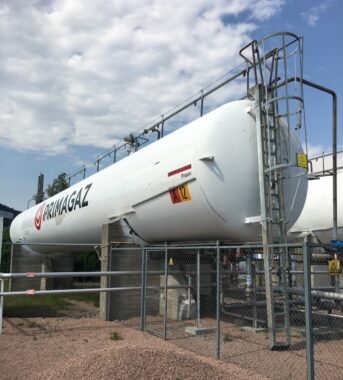
After a long relationship utilizing kammprofile gasket technology, Norwegian LPG distributor PrimaGaz Norge AS has decided to abandon the old kammprofile gasket design in favor of the new DeltaV-Seal…
Flare tip leakage is too hot to handle for the competition
James Knights on Case Studies · May 15, 2019
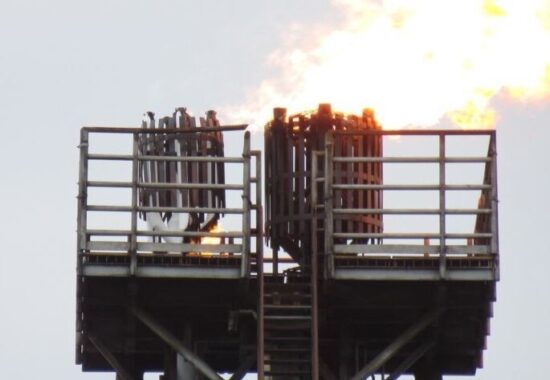
Pipeotech was called upon to provide a solution for Flare Tip flange leak in the North Sea. A North Sea Operator came to Pipeotech with a problem affecting a Flare line on their platform. This was…
Exceeding gas-tight sealing strengths and eliminating ATEX zones
Geir Otto Amundsen on Case Studies · May 08, 2019
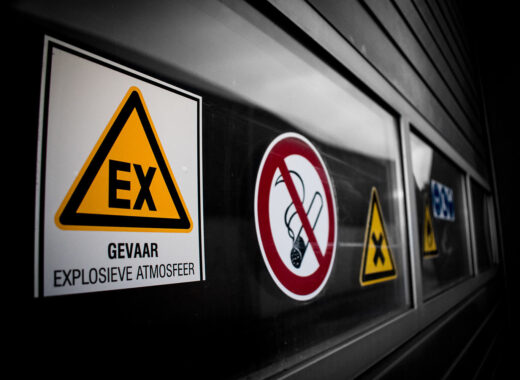
Gaskets seals are generally the consumables often selected at the last moment in a design project and carry few expectations. Although viewed as less significant, this consumable can have the most…
Intergas exclusively use DeltaV-Seal™

Jo Shailes on Case Studies · Mar 26, 2019
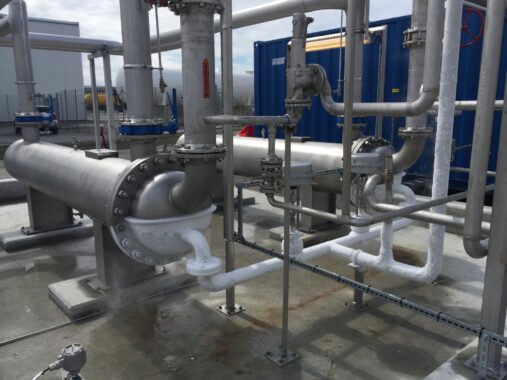
Following a highly successful test period, Intergas AS has announced that the DeltaV-Seal has been named as their exclusive seal of choice for all current and future liquefied natural gas operations.…
